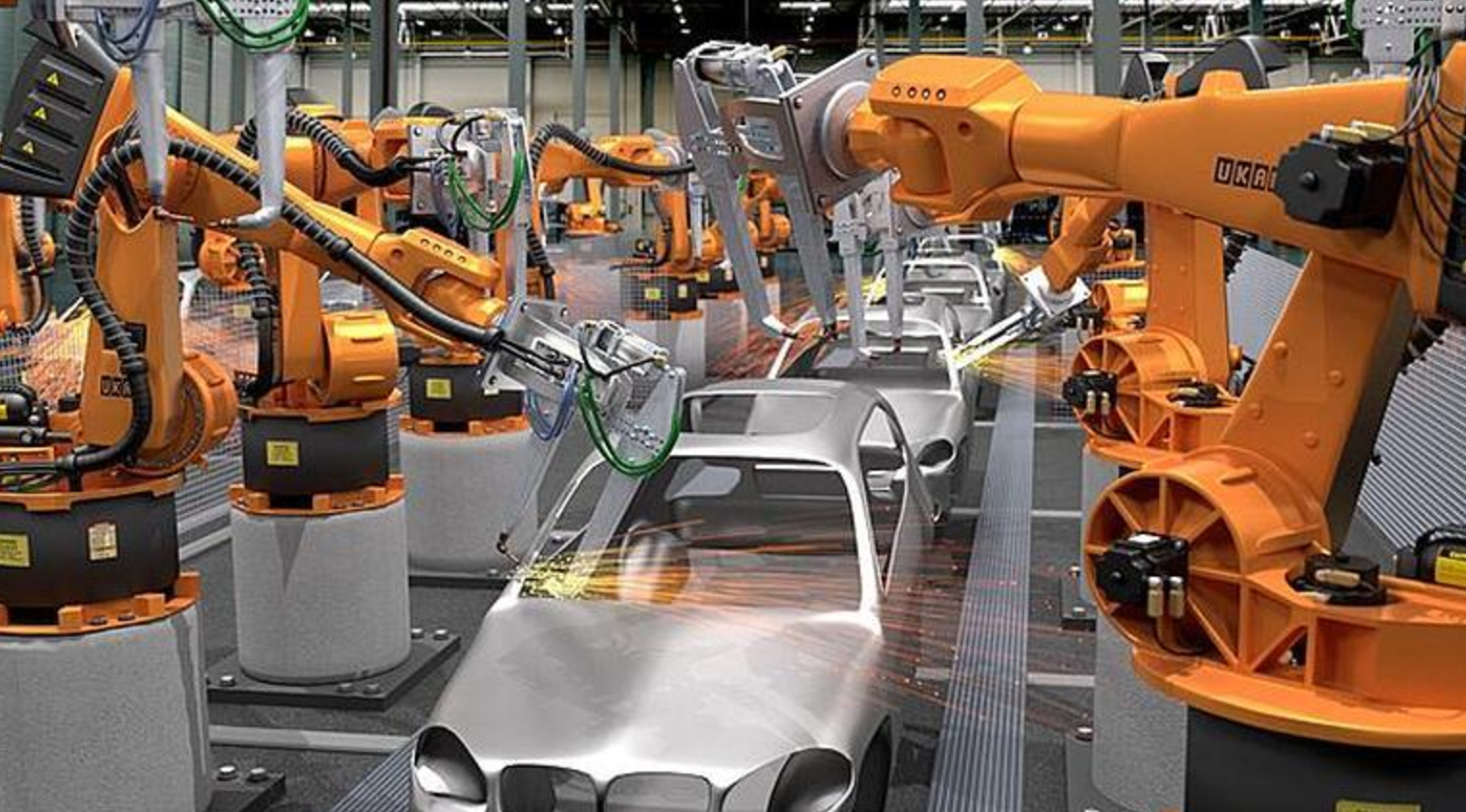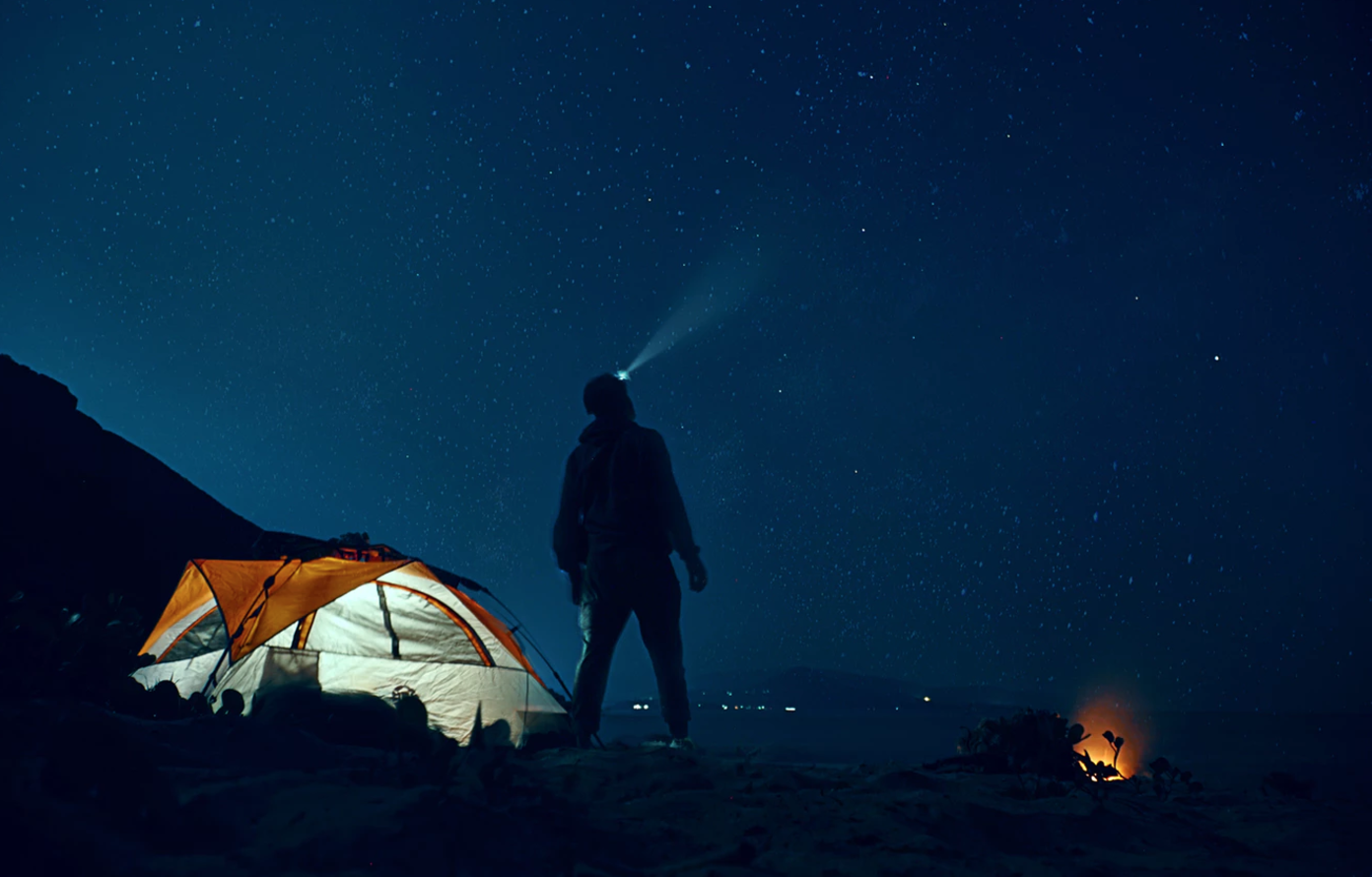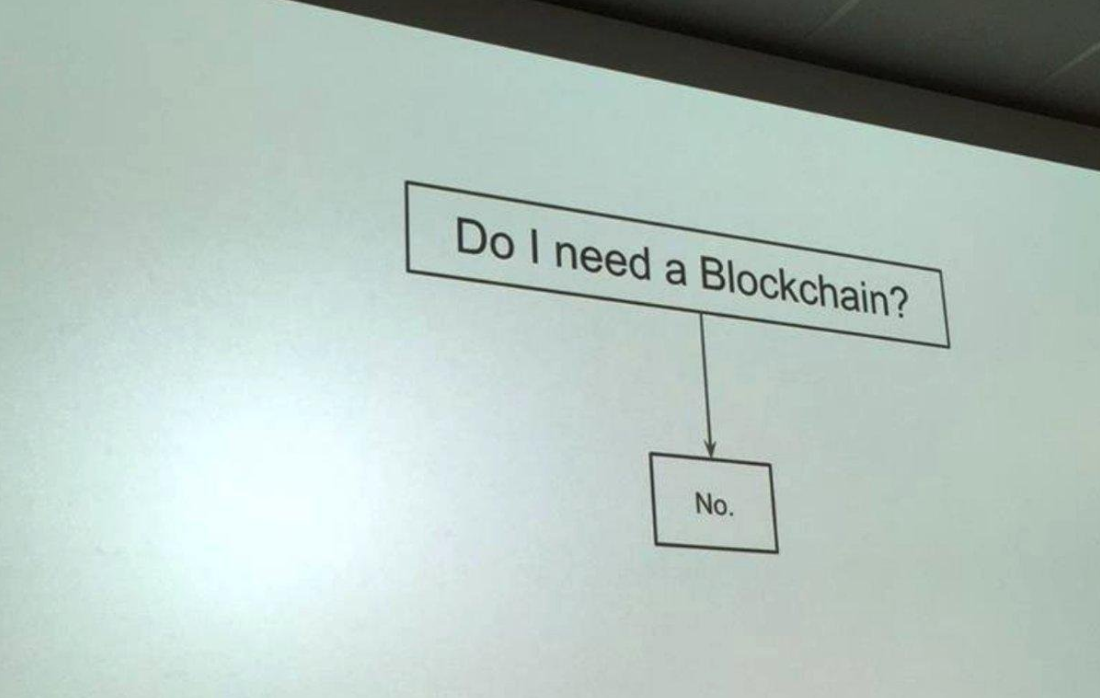
It’s true that many tasks people do in their work will be automated in the future. It’s also true that the only reason for a company to it is to save money. So where does the saved money, and do the displaced people go?
Firstly, we know what happens, because it has already happened a number of times. It happened when agriculture was automated. Prior to the industrial revolution the vast majority of people worked directly in agriculture, and now it is less than 5% in developed economies. We also saw it when production line labour was replaced with robotics. And even though this time the displacement will involve intellectual labour, the pattern will remain unchanged, and it goes like this…
- Company replaces workers and reduces operating costs.
- Company must then decide where to distribute cost savings – options include;
- Increase profit margins
- Reduce prices and sell more
- Reinvest funds for growth (New Product / Distribution / Promotion / R &D)
All of which must be considered in a competitive context. Yet, invariably the same thing happens again, and again and again. The new margin gets competed away. Competitors respond and also reduce price to maintain market share either by adopting similar technology or cutting margins. (Monopoly markets and IP protected innovations being rare exceptions)
Car prices are a good example. In the past 30 years due to automation prices have dropped radically. Comparing the same General Motors model large sedan in Australia gives us the following cost in real terms:
- Price when new – 1998 = $25,077 (96% of average annual income)*
- Price when new – 2018 = $35,990 (42% of average annual income)*
*Aust Bureau of Statistics.
Mind you, cars today are infinitely better than models from 30 years ago.
Why does this matter for workers? It matters because it tells us that while automation reduces the need for labour, it also reduces the cost of goods. Which means that consumers get to allocate ‘savings’ on other goods and services – often in entirely new markets creating a substitution effect. And this, is the art of being future proof:
We must also substitute ourselves.
To stay relevant, we need to change places like the money does. It may mean we need to develop new skills, it may mean we have to change location, organisationally and even physically. Work will change, work will move, but it will never disappear. To be sure, the transition for the ‘automated’ will be uncomfortable. Just like it was uncomfortable for the 80% of people who could not read in 1800. But here is what would be more uncomfortable:
If we had no possibility to reinvent ourselves. If the worlds education resources weren’t mere keystrokes away and mostly free. If you couldn’t read or write (the most complex intellectual task humans have ever developed – which proves we’re smart enough to learn new skills with effort).
But we know that these things aren’t true. Reading this is evidence in itself that we all have access to the tools we need to cut new ground. The only real question is if we’ll make the investment in ourselves to become what tomorrows market will probably demand.





